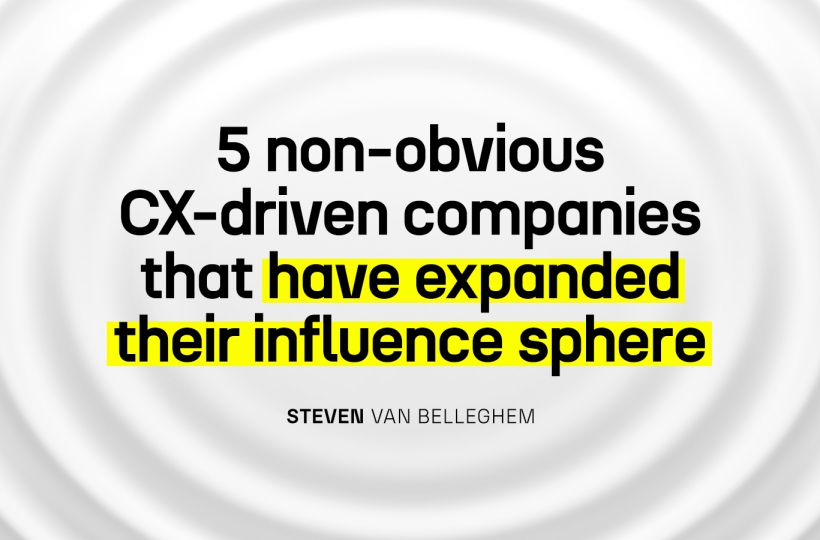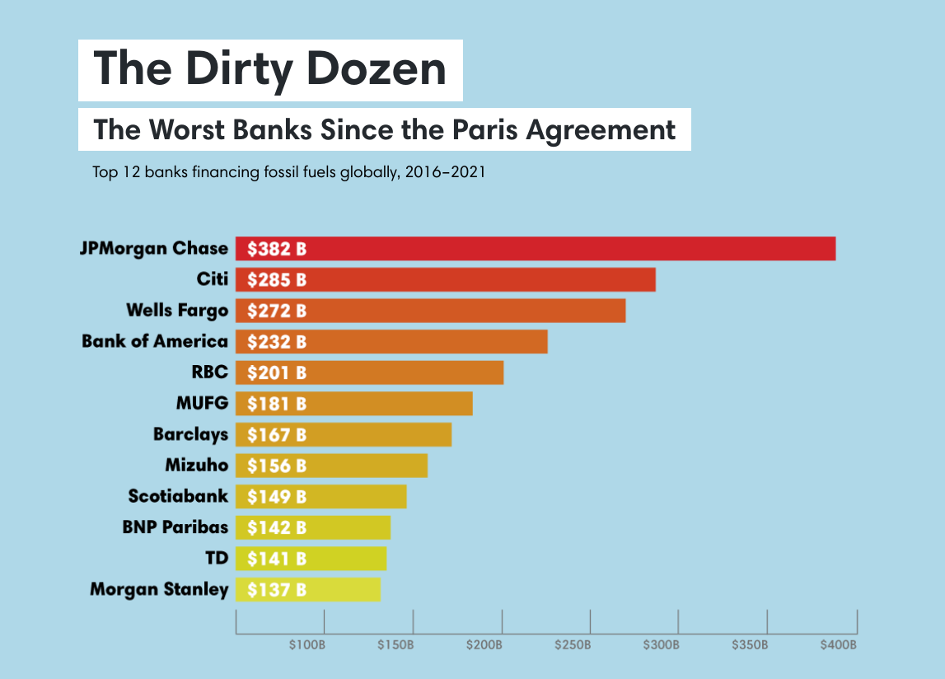5 non-obvious CX-driven companies that have expanded their influence sphere

Muji (Japan)
You probably haven’t heard of Muji yet, a retail company which sells household and consumer goods, but it is incredibly successful in Japan and operates no less than 700 stores around the world. Just to compare, even if that does not sound like a big deal: IKEA has about 460 stores in total.
Launched in 1980, in a Japan that was overly brand obsessed, it profiled itself as the antithesis of consumerism: by offering generic, brand-less and anonymous products as a statement against excessive labeling and the high price tags accompanying luxury goods. From the start, Muji focused on the product itself rather than on marketing, branding and unnecessary decoration. That’s why some regard it as the precedent of the current “Marie Kondo” trend of decluttering. Muji wanted to rationalize the manufacturing process with simple, low-cost (and thus affordable), good quality products with a Japanese minimalistic aesthetic.
Apart from this obsession with simplicity in design, consumerism and branding, it also has a strong focus on environmental friendly processes, including using reclaimed wool to produce its sweaters, recycling textiles and by-products, and installing solar panels in its distribution center. On top of that, it also wants to provide its employees with the best possible working environment as it believes that happy staff will lead to high efficiency, productivity and high quality design and products.
Perhaps the most striking aspect of the Muji (non-)brand is its unique take on CX, in which imperfection plays an essential part. An example is how it introduced imperfect dried shiitake mushrooms, at a time when perfectly round dried shiitake were the norm. By skipping the costs of shape-sorting during manufacturing, it made dried shiitake much more affordable. And in the process, it helped reduce waste.
What is special about that is that it completely re-thinks a consumer’s relationship with the product, rather than catering to their sometimes irrational ‘wants’. Rather than listen to the “This is what I really want” or “I must have this” impulse, they focus on the more rational “This will do.”
Yet, at the same time, it also aims to maximize the value that the Muji brand can bring to consumers with initiatives like a crib rental program for mothers. And it strives to constantly find ways to better the customer experience. Like with their sleep-inducing app, Muji to Sleep. This brand not only has “doing good” at the very core of its business model but it’s also consistent across the entire value chain.
Triodos Bank (Netherlands)
Few consumers tend to think about it, but banks are definitely not neutral providers. In fact, many of them are still investing a lot in fossil fuels as you can see:

Triodos Bank, on the other hand, not only offers high quality service, it wants to “help create a society that protects and promotes the quality of life of all its members, and that has human dignity at its core”. Since 1980, it has enabled individuals, organizations and businesses to use their money in sustainable ways that benefit people, the environment or culture. And it is highly transparent about that, telling its customers exactly where their money goes.
Unlike traditional banks which have a strong short-term focus on risk and return, Triodos Bank looks at (social, environmental and cultural) risk, return and impact with a long-term positive and holistic perspective.
But make no mistake in thinking that they don’t have a solid business model. It uses a strict three-tier approach when it comes to making decisions about lending and investment, just as much focused on financial as on social profit:
- The first thing it considers is ‘How can this contribute to positive social, environmental and cultural change?’
- Next comes the important question ‘Is it viable?’
- And thirdly: ‘is the idea rooted in society – is it supported by those around the entrepreneur?’
Perhaps the most striking of all, Triodos Bank does not have a Corporate Sustainability Department, seeing that CSR is deeply embedded throughout the entire company, and not just the focus of a department. It just wants to lend its customers’ money for 100% to people and organizations working to make the world a better place.
Provamel (UK)
Provamel offers sustainable, organic and plant-based drinks, yogurts, desserts and cream alternatives. The production of its plant-based food is highly resource efficient compared to animal-based alternatives. And its 100% recyclable drinks cartons are also made from 88% bio-based material.
It also has a strong commitment to regenerative organic agriculture in order to protect, restore and strengthen soil, plants, and their surrounding nature. This is also why it prefers working with small, local organic farmers in Europe instead of the big players in the global market, developing long lasting, personal relationships with its producers based on mutual respect and trust: “They know they have a safe and secure future with us, we know we’re getting the best of their harvest”.
Next to its deep commitment to restoring soil health through Regenerative organic agriculture (ROA), it also wants to restore consumer trust in food, by being fully transparent about its ingredients. It does that with a track & trace tool embedded in blockchain technology so that ingredients can be traced from farm to fork by scanning a QR code on the Provamel packs.
I also love how they are so transparent and realistic about their quest for the reduction of their emissions. In 2014, they started compensating for the emissions linked to production by working together with WeForest, growing more than 25,000 trees, but later admitted that “this might not be the best way to handle things”. “We still have emissions, so our first goal should be to reduce them at their roots as much as we can (rather than offsetting them).” So they are now constantly investing in energy efficiency and green electricity, with the result that, for the production of every Provamel product, about 35% of direct carbon emissions was reduced.
Toms (USA)
TOMS shoes is a successful Los Angeles-based shoe company which also manufactures and sells eyewear, bags, apparel, and other accessories. It was founded by philanthropist Blake Mycoskie in 2006 after he visited Argentina and met a woman who worked for an organization that donated shoes.
It was one of the first consumer brands to directly incorporate the social cause marketing strategy into its business model. With its “One for One” campaign, it offered one pair of shoes for every pair that a customer buys to a child in need. It was also very transparent about its pivot away from the “One for One” approach, which was very difficult to manage. Instead, today it invests no less than one third of its profits into grassroots organizations, including cash grants and partnerships with community organizations, to drive sustainable change. It has a strong focus on supporting Black, Indigenous, People of Color, LGBTQ+ and Women communities.
But it also has a strong focus on the environment, aiming to source 100% sustainable cotton by 2025, making sure its packaging is made with at least 80% recycled materials and 100% sourced from sustainably managed forests. It also has a strong commitment to its B Corp score, proud of the fact that in their most recent evaluation, it environment score almost doubled.
Who Gives a Crap (Australia)
Who Gives A Crap sells plastic free, zero deforestation and sustainable toilet paper – later expanding to tissues, paper towels and dishcloths – that “feel good on more than your conscience”. It donates 50% of profits to clean water and sanitation non-profits. Though I do have mixed feelings about their brand name, I loved the new capitalism concepts of its Co-Founder and CEO who believes that “making money doesn’t sacrifice making a positive difference in society”: “The old way of capitalism just focused on profits and nothing else. But we think about the social and environmental impacts, the impact on our team and the planet as a whole.” Though the old way of capitalism makes a clear distinction between profit and purpose, he believes that the two are inexplicably linked where purpose should never take away from the business’s profit.
When Simon Griffiths learned that Around 300,000 children under five die every year from diarrhoeal diseases caused by poor water and sanitation ( almost 800 children per day, or one child every two minutes), he launched ‘Who Gives A Crap’ in 2012 through a crowdfunding campaign together with two business partners. It is a clever online direct-to-consumer solution, which is very convenient as consumer research has shown that people don’t like buying it in supermarkets (as it is so big and bulky).
The company has been able to build a scalable business, increasing year-on-year growth, expanding to the US, UK, Europe and Canada, while at the same time providing proper sanitation for two billion people, with a mission of offering everyone in the world access to a toilet by 2050.
So these are 5 different companies from 5 different countries with very different but viable business models that are moving outside of the traditional influence sphere of their own company and industry. Do you have any plans in that area? Let me know over the socials!